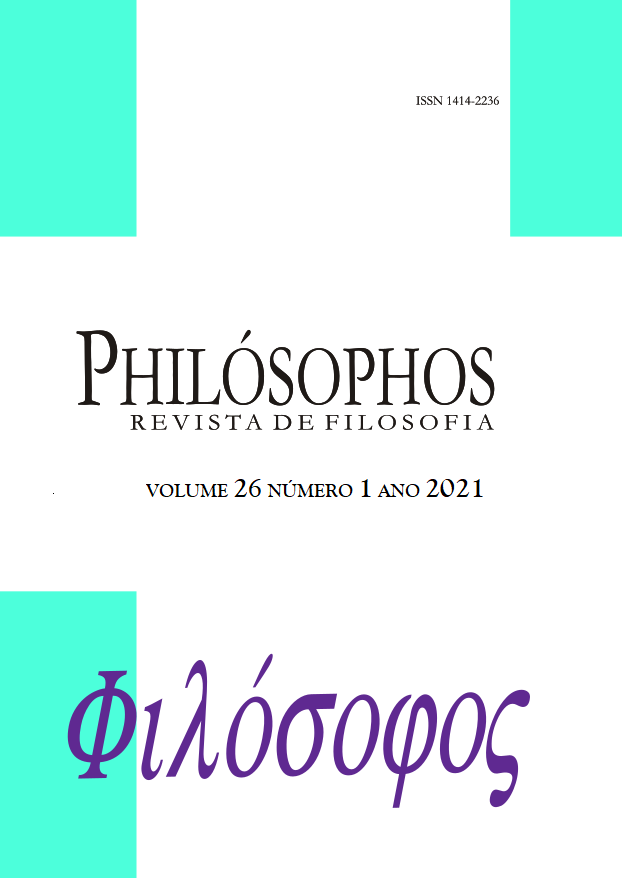Decentralization, criticism and transformation
a history of modernity from African decolonization and Brazilian Indigenous thinking
DOI:
https://doi.org/10.5216/phi.v26i1.67351Abstract
We will argue on two points. First: the use of the anthropological dualism – modernity and pre-modernity, post-tradicional and traditional, reason and myth – by European philosophies as basis to the constitution of the philosophical-sociological-anthropological discourse of Western modernity-modernization implies in the consolidation of an exclusivist comprehension of Western modernity as Europeization, streamlined by the idea that it is a process basically autonomous, independent, endogenous, self-referential, self-subsisting and self-sufficient, as well as in the anullment and delegitimation of the other of modernity as anthropological past and deficit of modernization or rationalization, with the consequent understanding of European modernity as self-conscious present, substantive actuality and oppeness to the future. Second: African decolonization and Brazilian Indigenous thinking, by deconstructing this anthropological dualism and the delegitimation of the others of modernity as pre-modern condition and evolutionary past, break with the modernity’s epistemological-political monopoly of the tematization of the human and of justification of the post-traditional universalism, correlating modernity to colonalism and structural racism. As an originary power of/by difference, African decolonization and Brazilian Indigenous thinking decentralize and pluralize epistemologies, stories, political-normative alternatives and, therefore, perform a criticism of Western modernity from the place of speak of the political-cultural minorities.
Downloads
Downloads
Published
How to Cite
Issue
Section
License
Copyright (c) 2021 Philósophos a journal of philosophy

This work is licensed under a Creative Commons Attribution-NonCommercial-NoDerivatives 4.0 International License.
Authors who publish in this journal agree to the following terms:
- Authors retain copyright and grant the journal right of first publication, with the work simultaneously licensed under a Creative Commons Attribution License that allows others to share the work with an acknowledgement of the work's authorship and initial publication in this journal.
- Authors are authorized to enter into separate, additional contractual arrangements for the non-exclusive distribution of the journal's published version of the work (e.g., publishing in an institutional repository or as a book chapter), with an acknowledgement of its authorship and initial publication in this journal.















